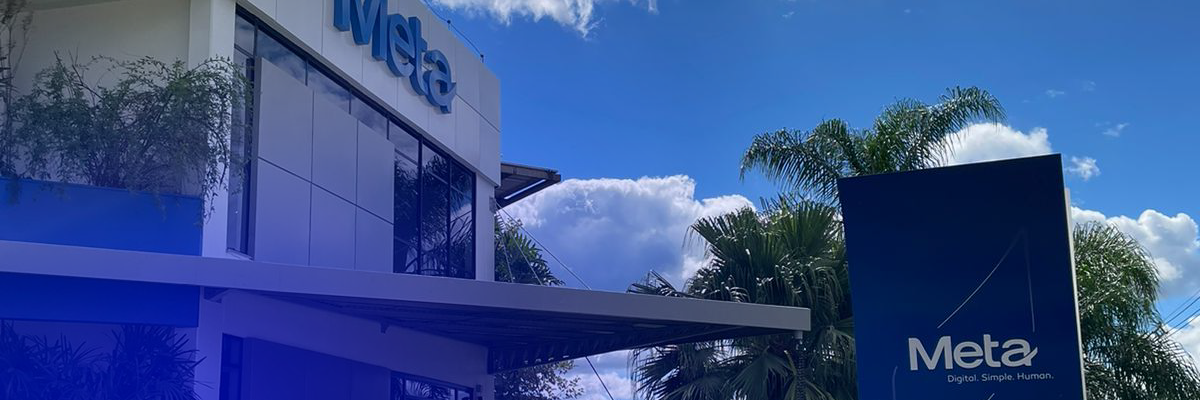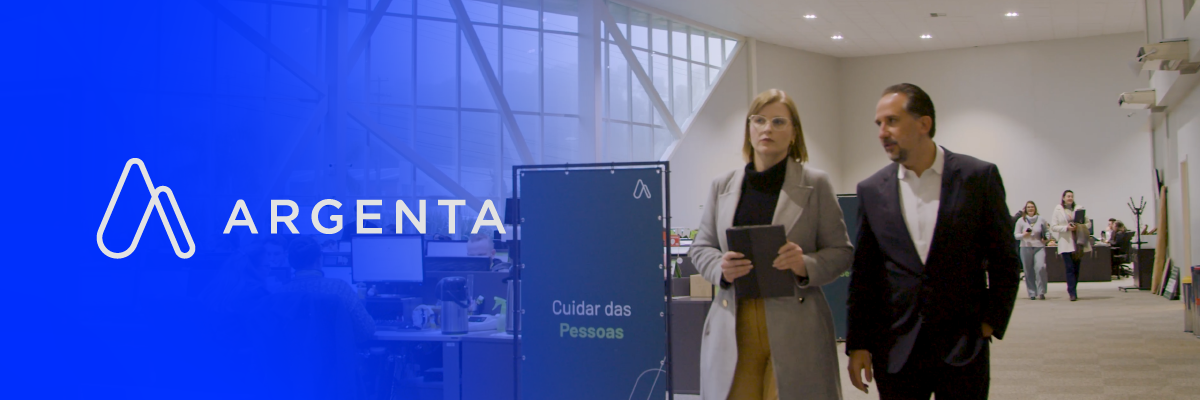The Ministry of Justice and Public Security leads the way in innovation
The entity develops and maintains dozens of innovative solutions, such as the digitization of the National Identity Card, and stands as a benchmark in ICT governance within public administration.
The Ministry of Justice and Public Security (MJSP) plays a fundamental role in ensuring rights and improving the lives of all Brazilians. In recent years, demand has increased exponentially. Beyond enabling the implementation of public policies for an increasingly digital population, the Ministry’s Information and Communication Technology (ICT) department faces the challenge of ensuring secure access to all public service data for citizens.
A successful partnership with Meta
Meta’s partnership with the Ministry began in 2020 when the company won a public bid to become one of the main technology partners for MJSP’s Software Factory.
“Our initial demand was to develop systems while simultaneously maintaining those already in operation. Today, we can say that we quadrupled our ICT service capacity, expanding from 9 to 26 agile cells, which are responsible for supporting over 60 active systems. This is a massive volume, allowing for extremely high productivity and robust service delivery to the population,” says Rodrigo Lange, Chief Information Officer (CIO) at MJSP.
Beyond cutting-edge technology products that enhance citizen security across multiple areas—from crime prevention to consumer rights—the Ministry also supports public policies across various sectors of society.
“Although public security is often the focus, we also serve citizens in other key areas, such as content rating, immigration, visas and asylum, asset recovery, and more,” highlights Rodrigo. To meet the volume and diversity of system demands, Meta introduced agile methodologies.
“In collaboration with the Ministry’s development team, we implemented a fully agile end-to-end process, from product requirements analysis to final delivery, including automated testing,” recalls Janaína Sombrio, Account Executive at Meta.
Agile methodologies and a scalable team
The project operates with integrated teams across infrastructure, development, and architecture, where MJSP professionals define business requirements, and Meta’s team translates these needs into functional applications.
Currently, more than 200 Meta professionals work remotely from different cities in Brazil and even from other countries, supporting various Ministry projects.
“Beyond delivering systems to the public, we focus on the growth of everyone involved—Meta professionals, Ministry managers, and the citizens who will benefit from more efficient public services,” says Janaína.
“The synergy between the Ministry and Meta teams has been crucial. Thanks to this collaboration, we have developed state-of-the-art products, positioning ourselves at the forefront of security, cloud applications, scalability, and agile processes,” adds Rodrigo.
Delivering value to society
“Meta brings in workforce expertise that enables us to deliver, for example, information apps for public servants through a centralized information hub being developed by the Ministry. Today, we understand that without IT and automation, we cannot meet the expectations of citizens and public service users,” says Gustavo Henrique Silva, General Coordinator of Information Systems and Data at MJSP.
Other key applications support public safety policies, such as the registration of thefts and missing persons. MJSP provides technological resources to law enforcement agencies nationwide, and this enhanced information processing capability directly saves lives.
“The ability to operate with much greater productivity is extremely relevant, as it allows the state to save lives. We can now deliver services to police officers in every state across the country, enabling them to apprehend criminals before they commit new crimes,” Gustavo emphasizes.
A benchmark in public sector governance
Thanks to its work—with support from Meta—MJSP achieved first place in the IGG (General Governance Index) from Brazil’s Federal Court of Accounts (TCU), which evaluates all direct administration bodies.
Among the executive, legislative, and judiciary institutions assessed by TCU, MJSP’s IT department ranked first. When including indirect administration entities, the Ministry ranked sixth overall.
“This is a huge leap—from 72nd place in 2018 to sixth place today,” Rodrigo celebrates.
According to him, this achievement was only possible through the implementation of cutting-edge technology solutions, including digitalization and the Internet of Things (IoT).
“We implemented state-of-the-art technological resources and processes, bringing innovation and security to Brazilian society, including cloud-based systems, containerization, and cybersecurity—and Meta played a fundamental role in this process,” he adds.
The National Identity Card: the most advanced ID system in the world
One of the most impactful projects in the partnership between MJSP and Meta is the National Identity Card (CIN)—a solution to a decades-old Brazilian issue that was developed in record time.
“Technology is fundamental for a project of this scale. We are talking about issuing an ID for every Brazilian citizen—hundreds of millions of documents must be generated and authenticated,” Rodrigo explains.
In a country as vast as Brazil, simply identifying citizens is a major challenge. The new National Identity Card centralizes previously fragmented databases from 27 different state governments into a single, unified system, using the CPF (Taxpayer Identification Number) as the primary identifier.
The ID can be issued both physically and digitally and incorporates advanced technology, aligning with Brazil’s General Data Protection Law (LGPD). Using a QR Code, each citizen can control and selectively share their personal information at different access levels.
Enhanced security and fraud prevention
Meta’s technology enabled the rapid development of this document while ensuring maximum security.
“One of the main objectives was to prevent fraud and give citizens greater control over their personal data,” Rodrigo explains.
Currently, if someone loses their ID, they must file a police report, but there is no effective way to cancel the document, leaving room for fraudsters to tamper with it, including changing the photo.
With the new National Identity Card, lost or stolen IDs can be canceled immediately through an online system.
Another critical improvement is validity control. In the past, IDs had no expiration date. The new card is periodically revalidated using biometric authentication, ensuring that citizens always have an up-to-date and secure identity document.
Rather than being a static document, Brazil’s National Identity Card is now one of the most dynamic and advanced identification systems in the world.
The Ministry of Justice and Public Security, in partnership with Meta, has delivered one of its most ambitious and cutting-edge projects, soon to be available to all Brazilian citizens.
“The National Identity Card is an extremely important project for the Ministry. What makes us even prouder is the exceptional quality of the final product,” Rodrigo concludes.













